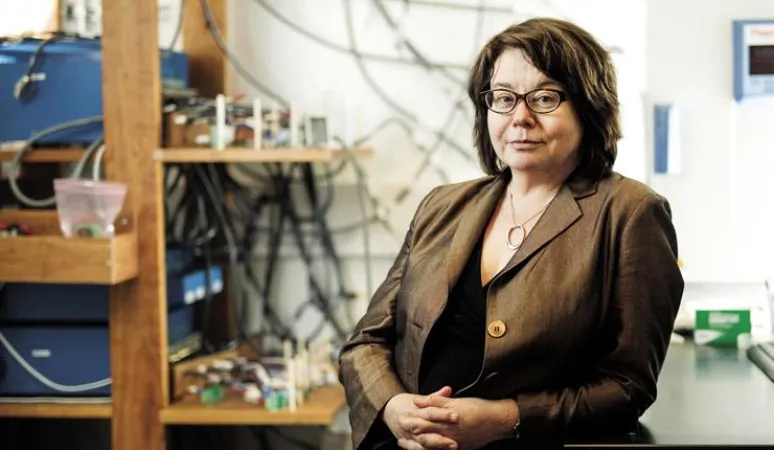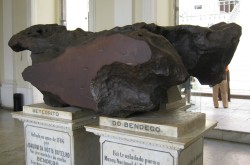Waterloo researchers are powering a global revolution
This article was originally written and submitted as part of a Canada 150 Project, the Innovation Storybook, to crowdsource stories of Canadian innovation with partners across Canada. The content has since been migrated to Ingenium’s Channel, a digital hub featuring curated content related to science, technology and innovation.
There is no magic bullet, no single solution that will address the massive global energy inequities that leave billions of people with little or no access to electricity. Instead, change will come from connecting the ideas, innovations and experience of some of the world’s top minds.
Next-generation batteries are an emerging market with unlimited potential — and University of Waterloo chemistry professor Linda Nazar is eager to see her team’s extraordinary labours pay off.
Nazar, who was recently named an Officer of the Order of Canada for her advancements in battery systems and clean-energy storage, is contributing to breakthroughs in the design of rechargeable batteries for grid storage, electric vehicles and other clean-energy technology.
“Our research team and others at the University of Waterloo are working on a lot of different battery technologies where we’re starting to see the hard efforts that we’ve put in over the last decade really paying off in terms of making batteries that have higher energy density, that are safer and also have longer cycle life,” says Nazar, who along with colleagues at the Waterloo Institute for Nanotechnology, Zhongwei Chen and Michel Pope, are planning to launch an Electrochemical Energy Research Centre at the University.
Their work could have huge ramifications for energy-poor developing countries.
“In impoverished countries where there’s an abundance of sunshine, it’s critical to be able to store renewable energy in affordable energy storage systems to allow for load leveling and also for storage at night or even off-season storage,” Nazar says.
“That allows communities that are limited in their electrical resources to have a cheap, abundant source of energy to power activity in the evening and when the sun isn’t shining.”
Transcript
















